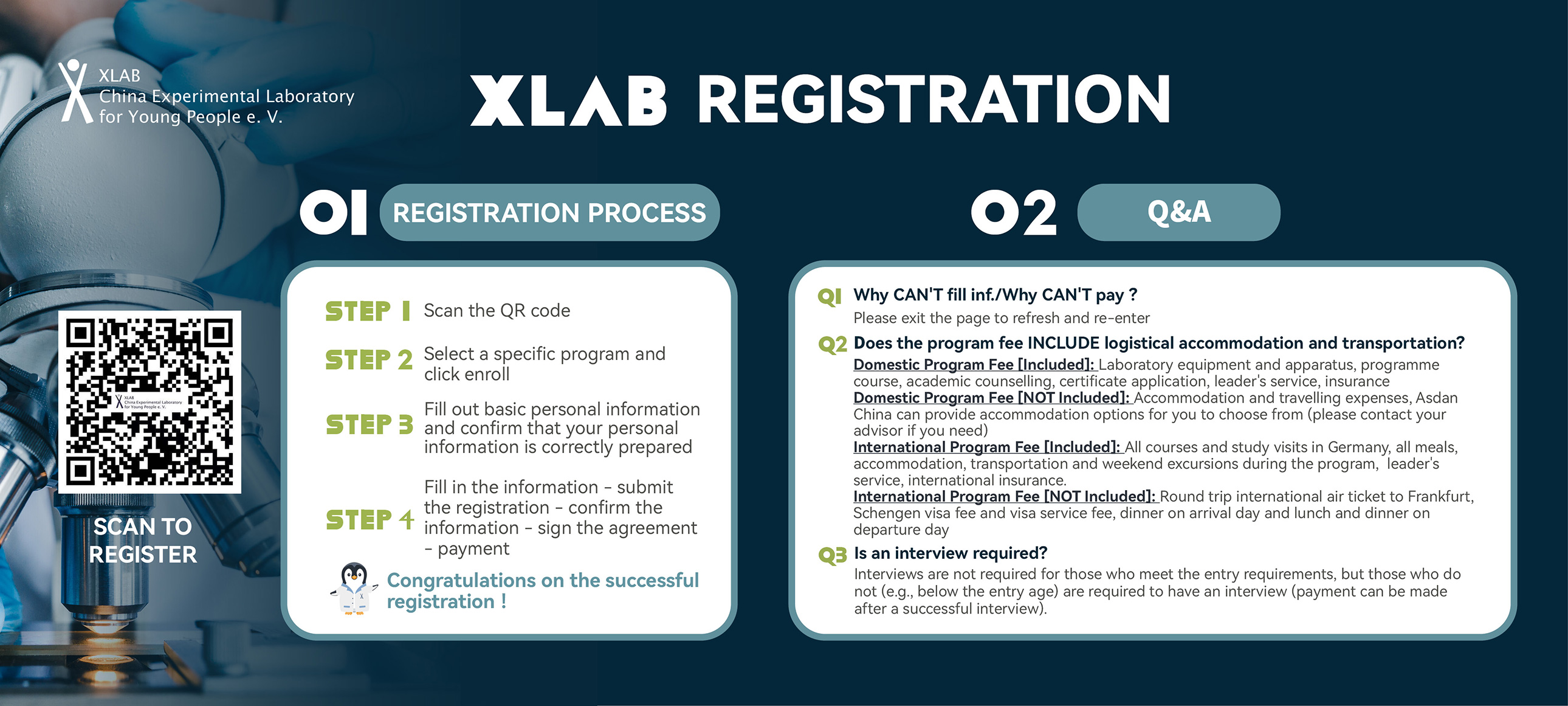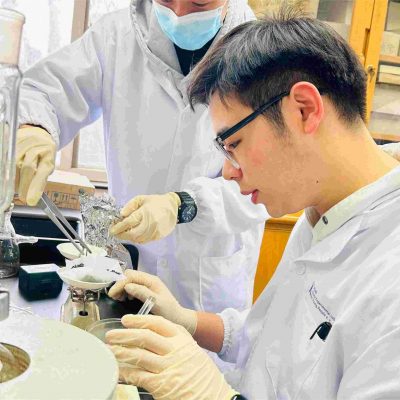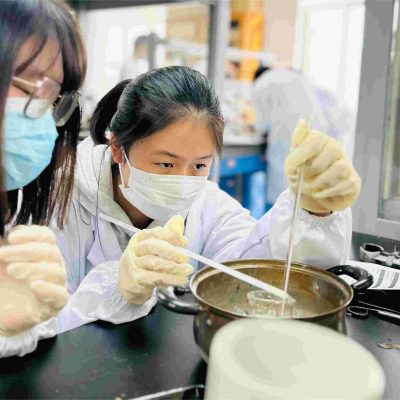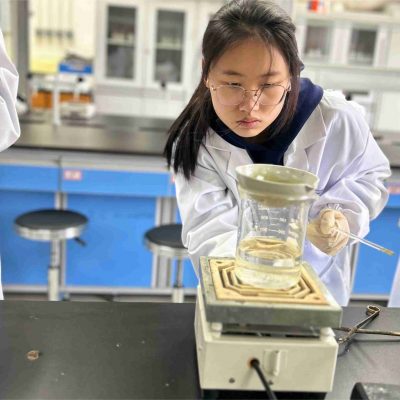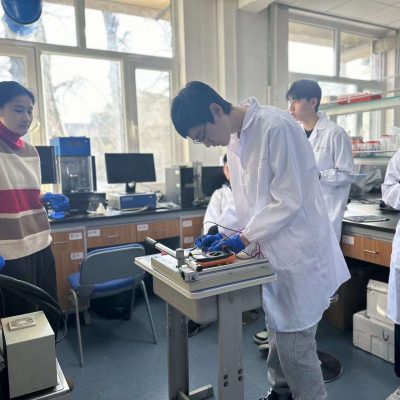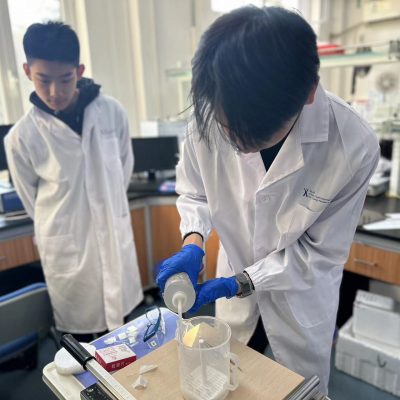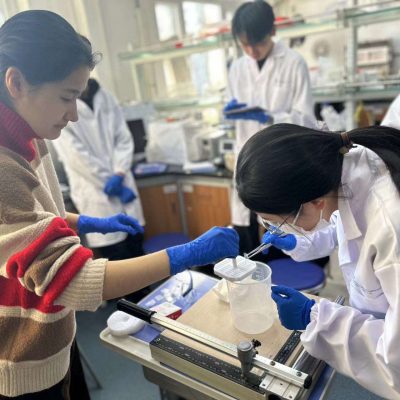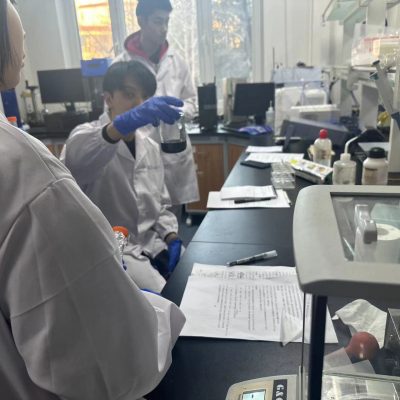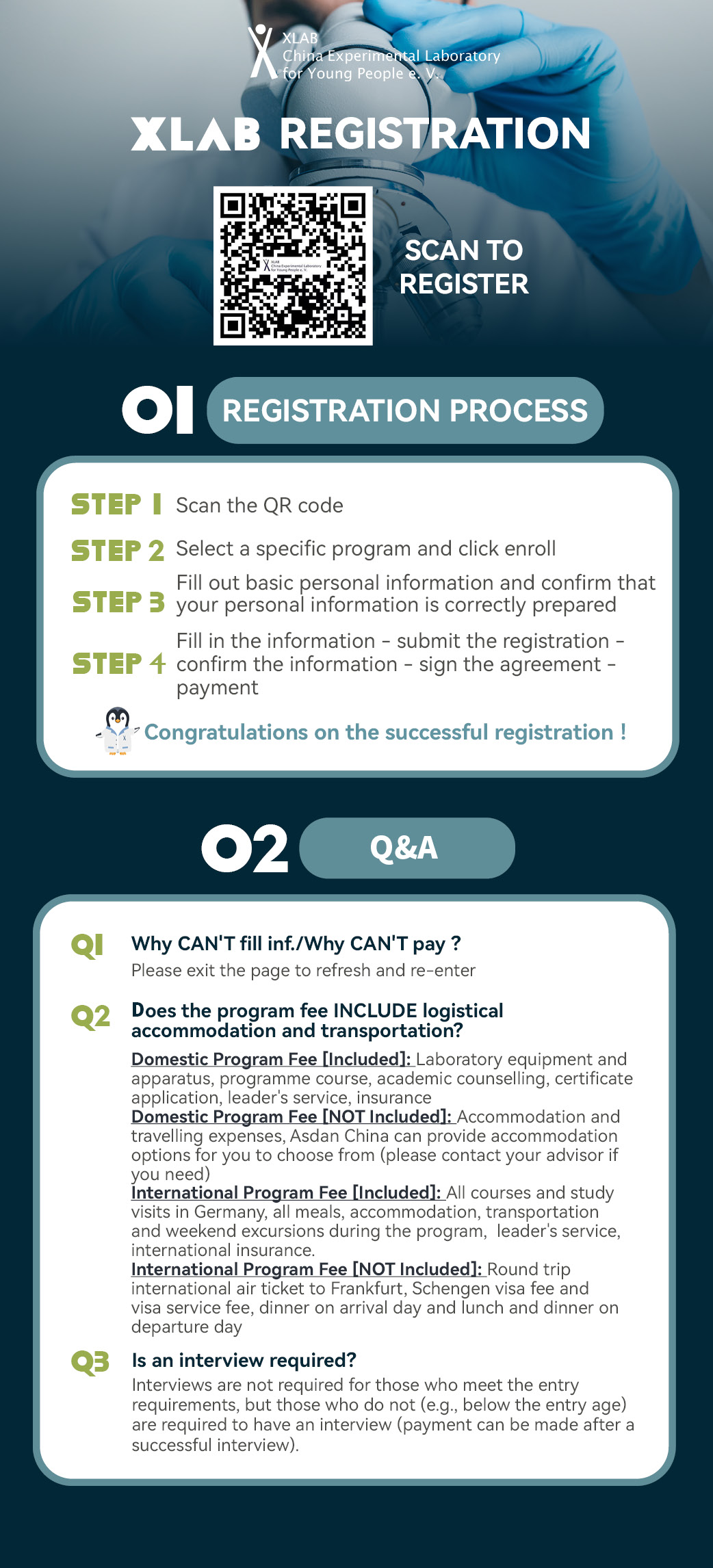Pharmaceutical Chemistry Beijing
Beijing
Date:【Winter】 Feb.07th - Feb.11th, 2026
Subjects: Chemistry, Inorganic Chemistry, Analytical Chemistry
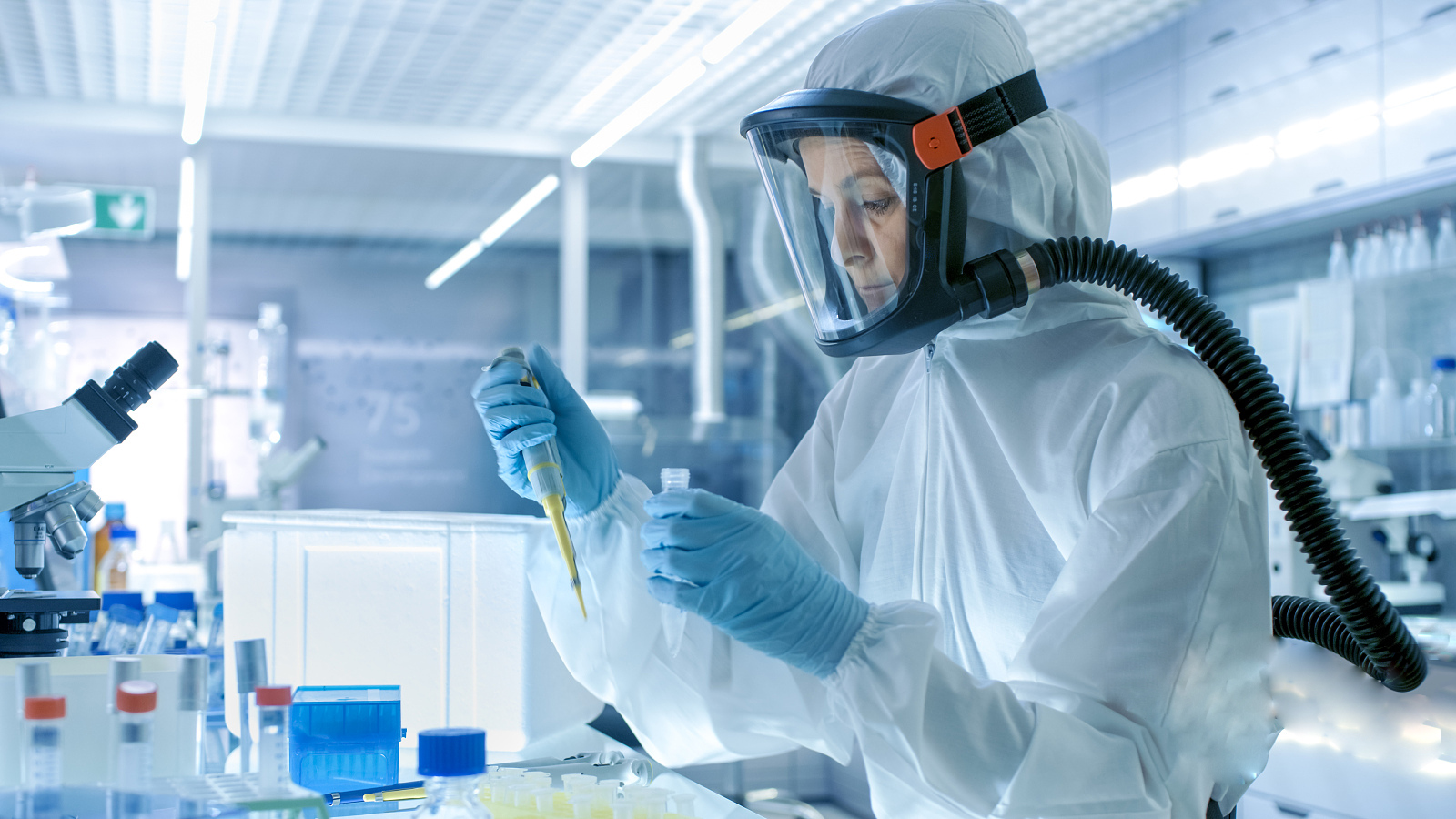
In 2015, local Chinese scientist Tu Youyou was awarded the Nobel Prize in Medicine for her discovery of artemisinin. She is also the first Chinese scientist to win the Nobel Prize, the highest prize ever awarded to the Chinese medical profession and the highest award for achievements in Chinese medicine. Medicinal chemistry will always be a focus of scientific research.
This program takes you inside the critical laboratories of Beijing Jiaotong University to conduct high-intensity, rich, and varied chemistry experiments and demystify the world of chemical research.
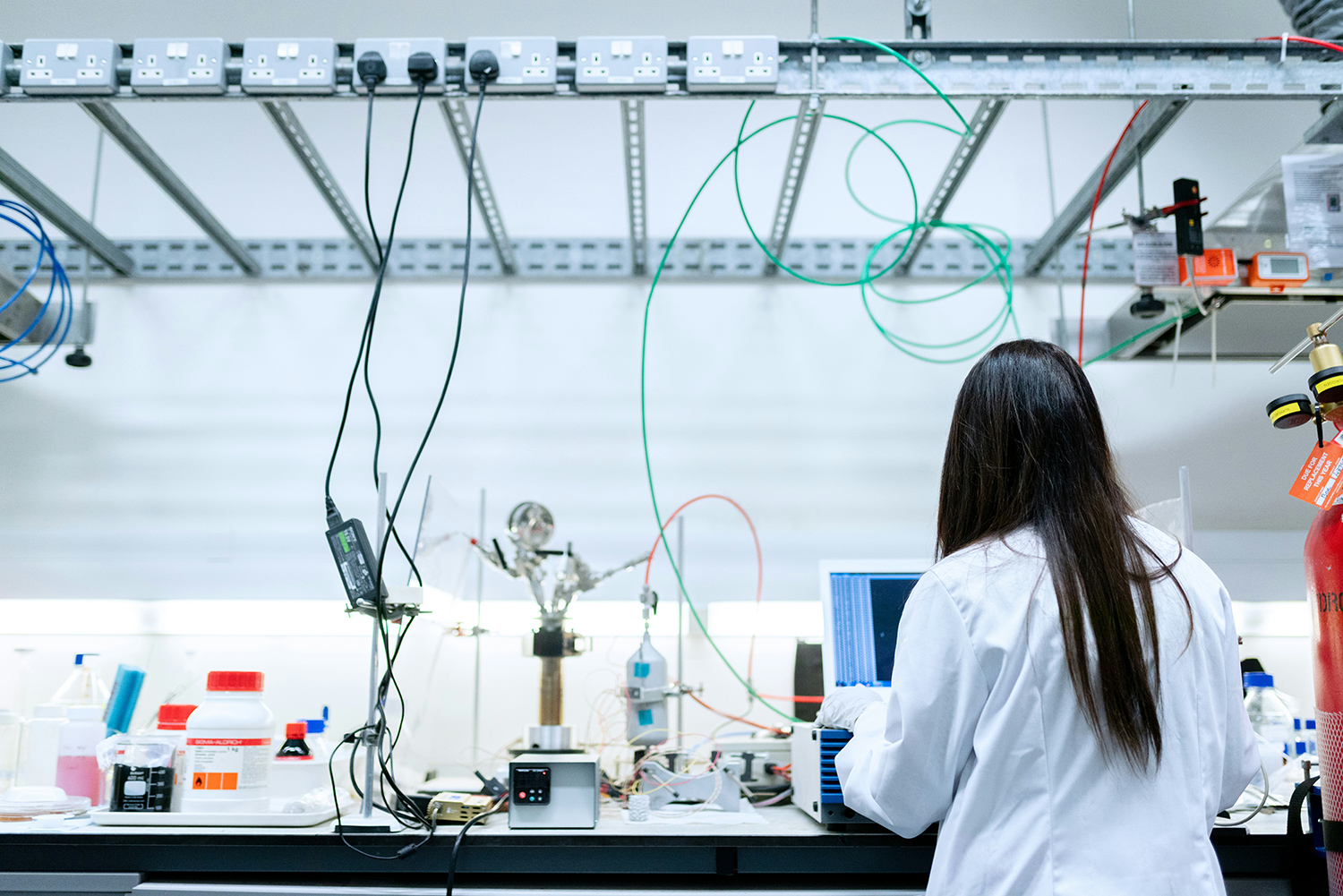
Teaching Faculty
Experts from the colleges of Science in universities of the 211 Project are specially invited.

Cutting-edge Topic
Systematically learn the fundamentals of pharmaceutical chemistry and analytical chemistry, and the methods of processing experimental data.
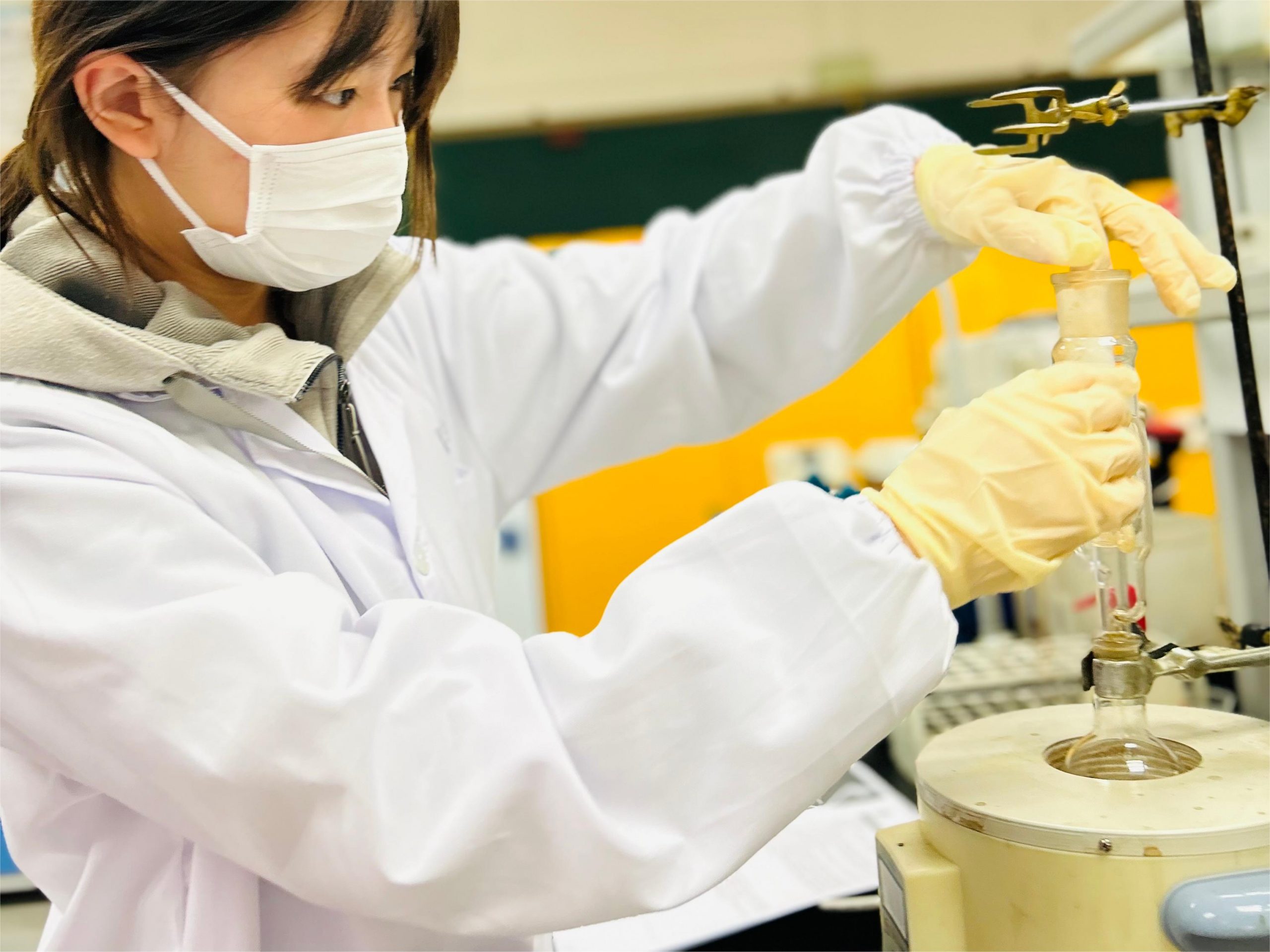
Real Lab Practice
Iodine clock experiment, caffeine extraction, synthesis of analgesic drugs, etc.
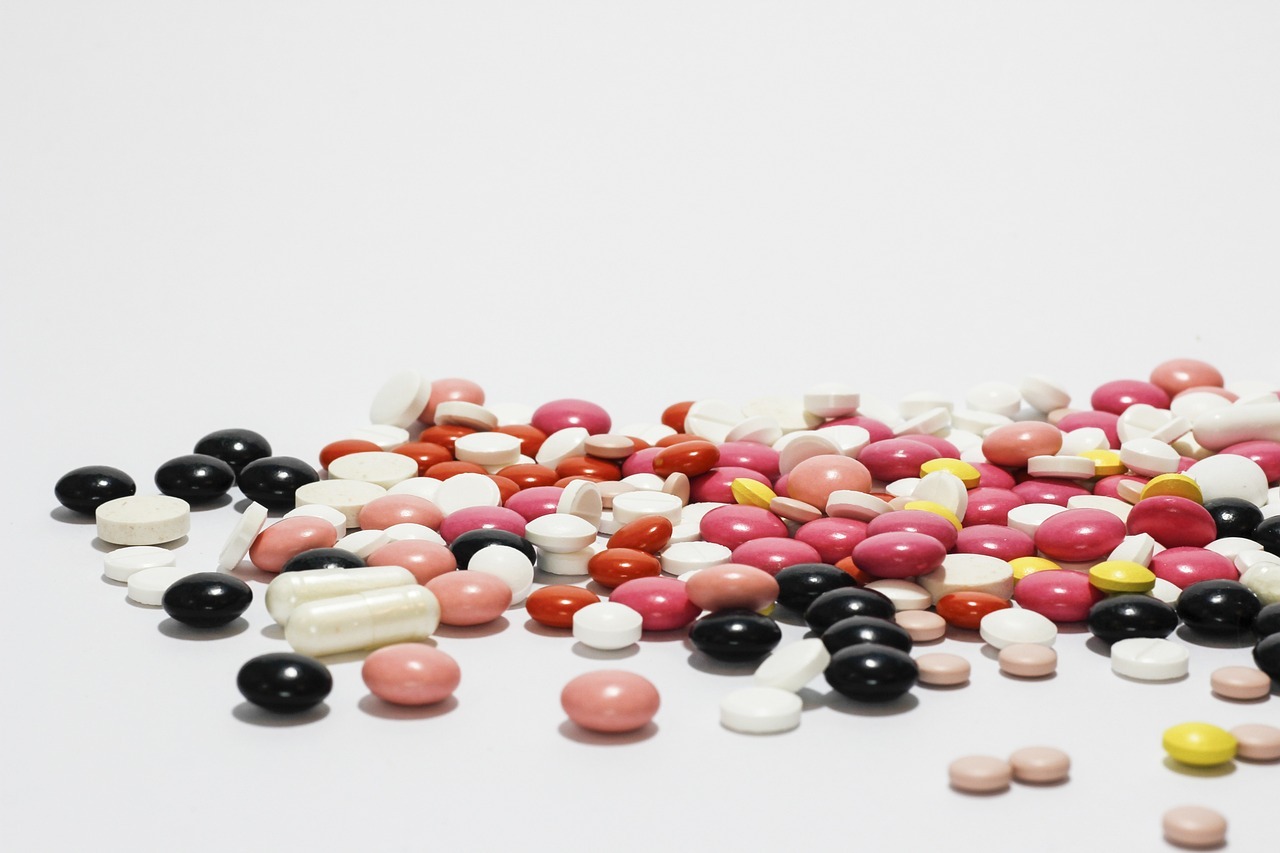
Outcome Application
Research outcomes for the drug development under chemical reactions.
Main Experiments
Iodine Clock Experiment
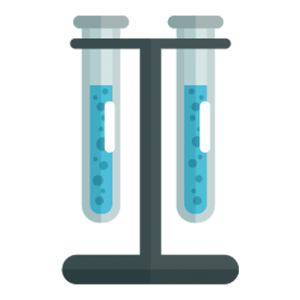
Caffeine Extraction
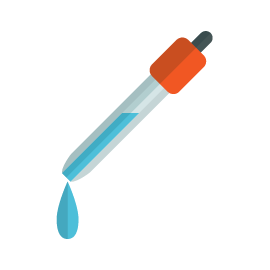
Preparation of Glucose Sensor
Synthesis of Methyl Orange
Iodine Clock Experiment
Caffeine Extraction
Preparation of Glucose Sensor
Synthesis of Methyl Orange
Certificates
).png)
CERTIFICATE OF ASDAN SCIENCE
ASDAN SCIENCE SHORT COURSES CREDIT ACCREDITED BY UCAS

ASDAN SCIENCE SHORT COURSES CREDIT ACCREDITED BY UCAS

Feedbacks
-
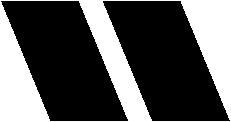
This activity gave me a preliminary understanding of pharmaceutical chemistry, expanding my thinking and perspective. Previously, my medicinal chemistry knowledge was limited to textbooks and research, and I still felt vague about its practical aspects. Through this activity, I had the opportunity to practice firsthand, allowing me to gain a more concrete understanding of pharmaceutical chemistry through experiments. I learned pharmaceutical chemistry is developed through the collaboration of multiple disciplines, including biology, chemistry, physics, electrochemistry, and different experiments. Over the past three years of the pandemic, I have developed a strong interest in pharmaceuticals. My future direction of study will be researching and designing pharmaceuticals, and I plan to contribute my efforts to tackling challenging diseases. This research trip has brought me closer to my goals, and I realized that achieving them takes work.—— Ulink College of Shanghai, Student Xu
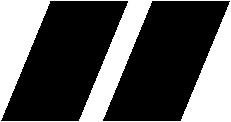
-

This experimental experience was significant. I enjoyed the hands-on process of conducting experiments, appreciating each step, and meeting fellow chemistry enthusiasts and dedicated teachers. Over the five days, we completed five experiments covering various fields of chemistry, including electrochemistry and organic chemistry. The caffeine extraction experiment left a deep impression on me. It lasted an entire day and was an actual test of endurance. It was my first encounter with organic chemistry experiments, which taught me extraction methods like the Soxhlet extraction, which I had never heard of before.
I came to XLAB to discover my interests, hoping to explore a new passion for chemistry through experiments and solidify my determination to pursue it. This activity immensely helped me in choosing my A-Level subjects. Chemistry is not just a discipline but also an art, which became tangible when I witnessed the reaction in the iodine clock experiment.—— The Experimental School Affiliated with Zhuhai No. 1 High School, Student Yang

-

Each stage of this experiment brought me significant gains. First, our group's reaction times were often slow in the iodine clock experiment. However, after discussions and careful troubleshooting, we finally identified the problem. This was the first time I realized the gap between practice and theory. In the protein detection experiment, I learned about the connection between chemistry and physics and how to combine knowledge from both fields to obtain the final result. Additionally, our instructors taught us how to use software to create graphs and analyze our data, skills we had never learned in school. These experimental skills and data analysis abilities will benefit my future specialized studies.—— The Affiliated International School of Shenzhen University (Nanshan Campus), Student Feng

-

I decided to study pharmaceutical chemistry while I was in the research laboratory. After participating in this program, my determination has only grown stronger. During these five days, I felt very fulfilled when I engaged with peers and seniors about specialized knowledge and immersed myself in the experiments. I also convinced my parents to support my development in the pharmaceutical field. They witnessed my dedication to medicinal chemistry and research, which was the most delightful surprise for me. XLAB offers a great opportunity with low costs and a short duration, and it allows participants to experience various aspects of research lab life within just five days.—— HT Nanjing Impact Academy, Student Li

Photo Gallery
Why Us
History
XLAB has a 20+ year history. It was initiated by Professor Neher of the University of Göttingen in Germany and strongly supported by the German government and the University of Göttingen. XLAB, centered around high-end scientific experiments, is widely favored by over 10,000 students yearly. XLAB has established practice centers worldwide, aiming to expand this unique concept and teaching method to reach more students.
XLAB aims to enable more people to learn and experience the joy of science, encouraging them to explore the mysteries of science and consider how to use science to solve human problems. Therefore, XALB's subjects are generally more complex in physics, biology, or medicine. Instead, they focus more on interdisciplinary, cutting-edge topics such as genetic engineering, medical research, nanobiology, medical chemistry, high-energy physics, and more.
Subject
Experiment
Experiments are the core of the XLAB. Each participant can enter advanced laboratories to conduct safe experiments, analyze data, and write experiment reports. Over six hours of scientific research daily enhances students' scientific knowledge and logical thinking and cultivates concentration and endurance. Students will be able to experience the work content and status firsthand and consider whether to choose a research direction in future education.
The courses in XLAB are unique. They consist of four key modules: Subject Introduction and Program Thinking, Scientific Research Teaching, Laboratory Operations, Experimental Data Analysis, and Research Report Writing. All courses are taught in small groups of 10 to 25 students.
Course
Faculty
Experts are invited to design experiments and teach students since the topics and content of XLAB exceed the curriculum of high schools and are specialized in specific research areas. Relevant scientific research institutions support XLAB China and provide an in-depth academic experience for Chinese students based on its unique teaching methods and experimental requirements.
Two authoritative certificates are available: the XLAB Program Certificate of Participation, which details the experimental content and is signed by instructors. Students will complete an academic report containing experimental results and data analysis to apply for the ASDAN "Science Award" Certificate for 30 credit hours of study officially accredited by UCAS.
Certificate
Research
XALB provides invaluable research scenarios for students who plan or are currently engaged in natural science research-oriented learning, such as EPQ or scientific papers, to implement their research plans and participate in hands-on scientific research. Experimental reports can be considered as part of their research achievements.

